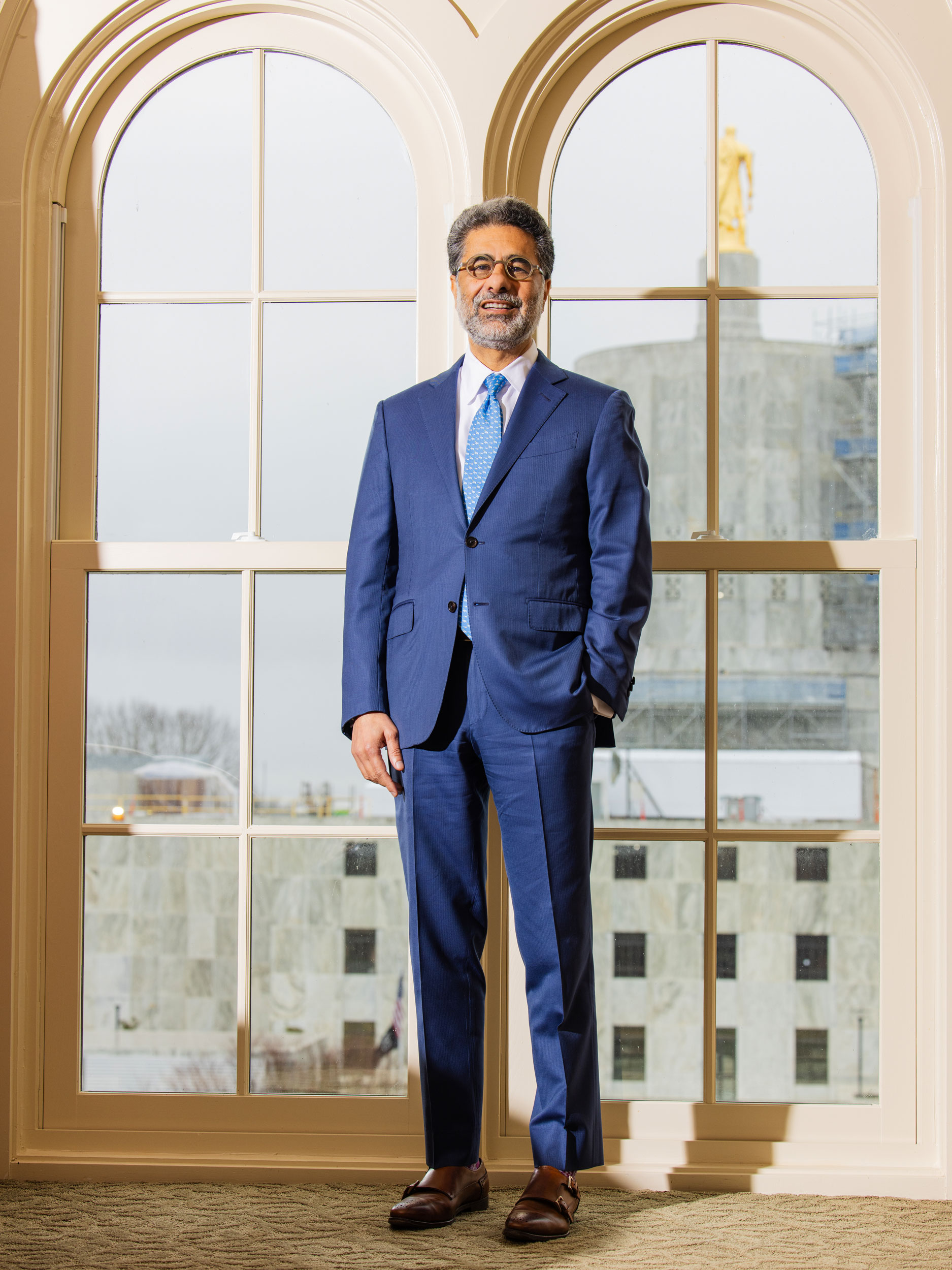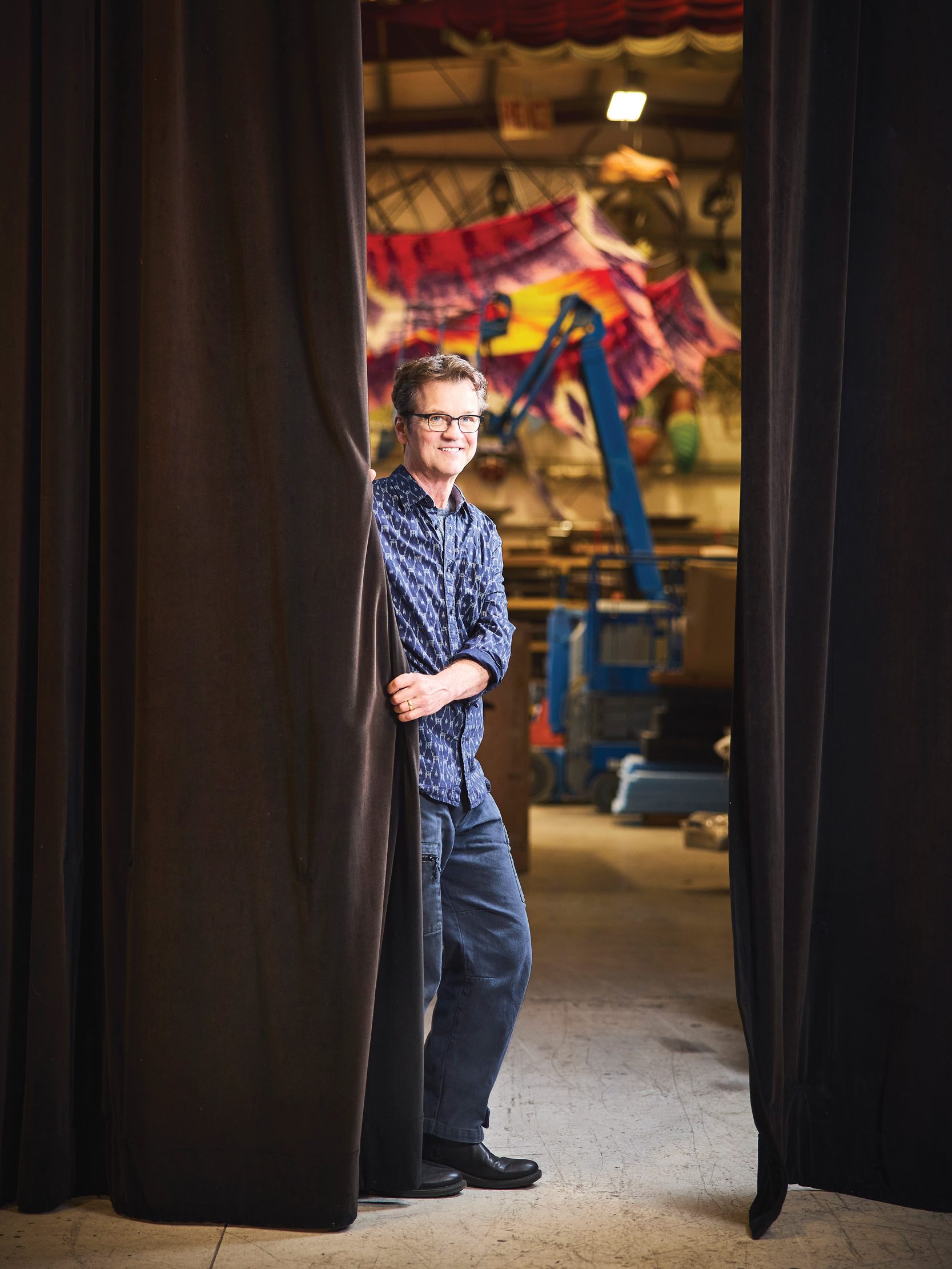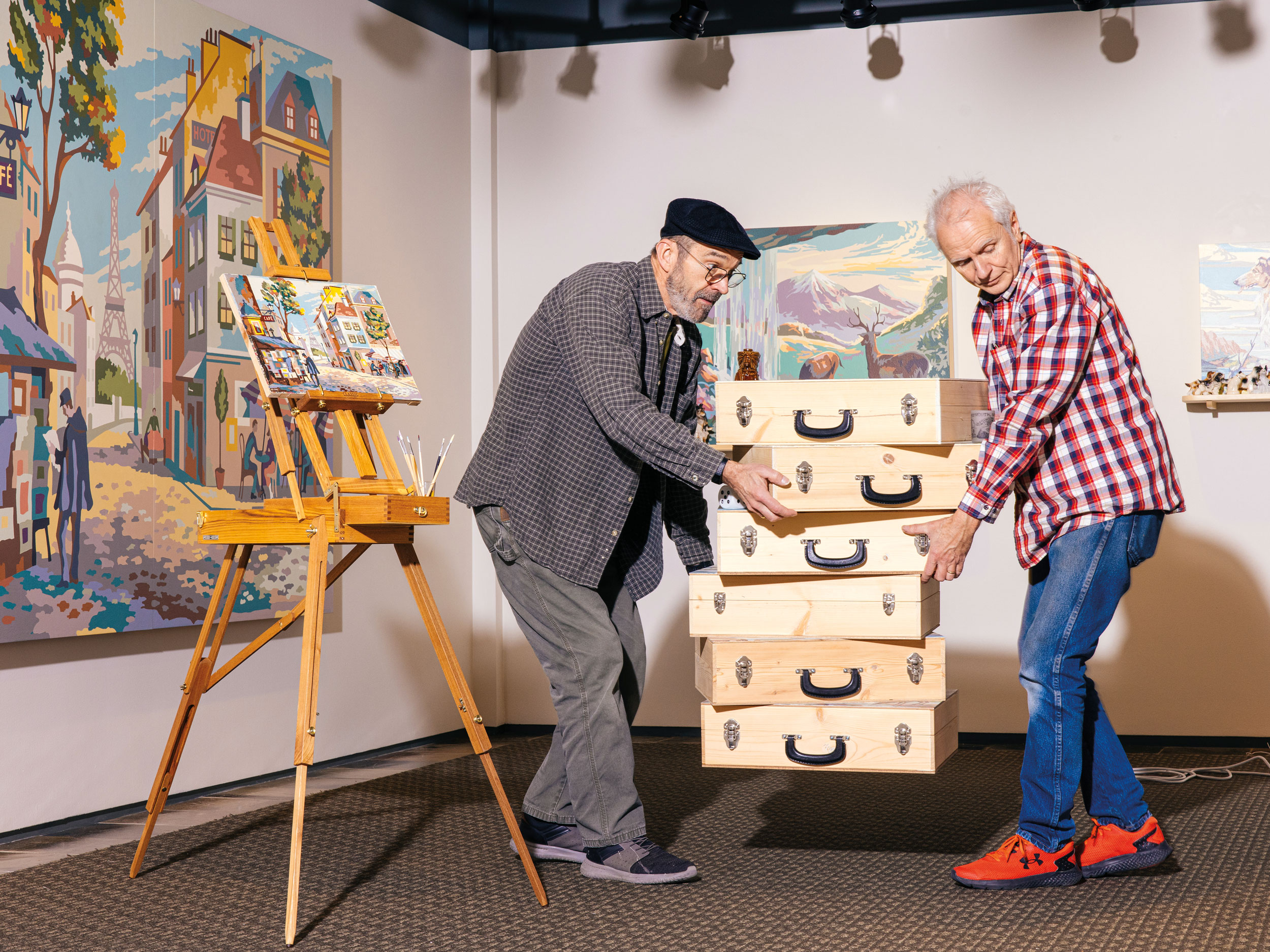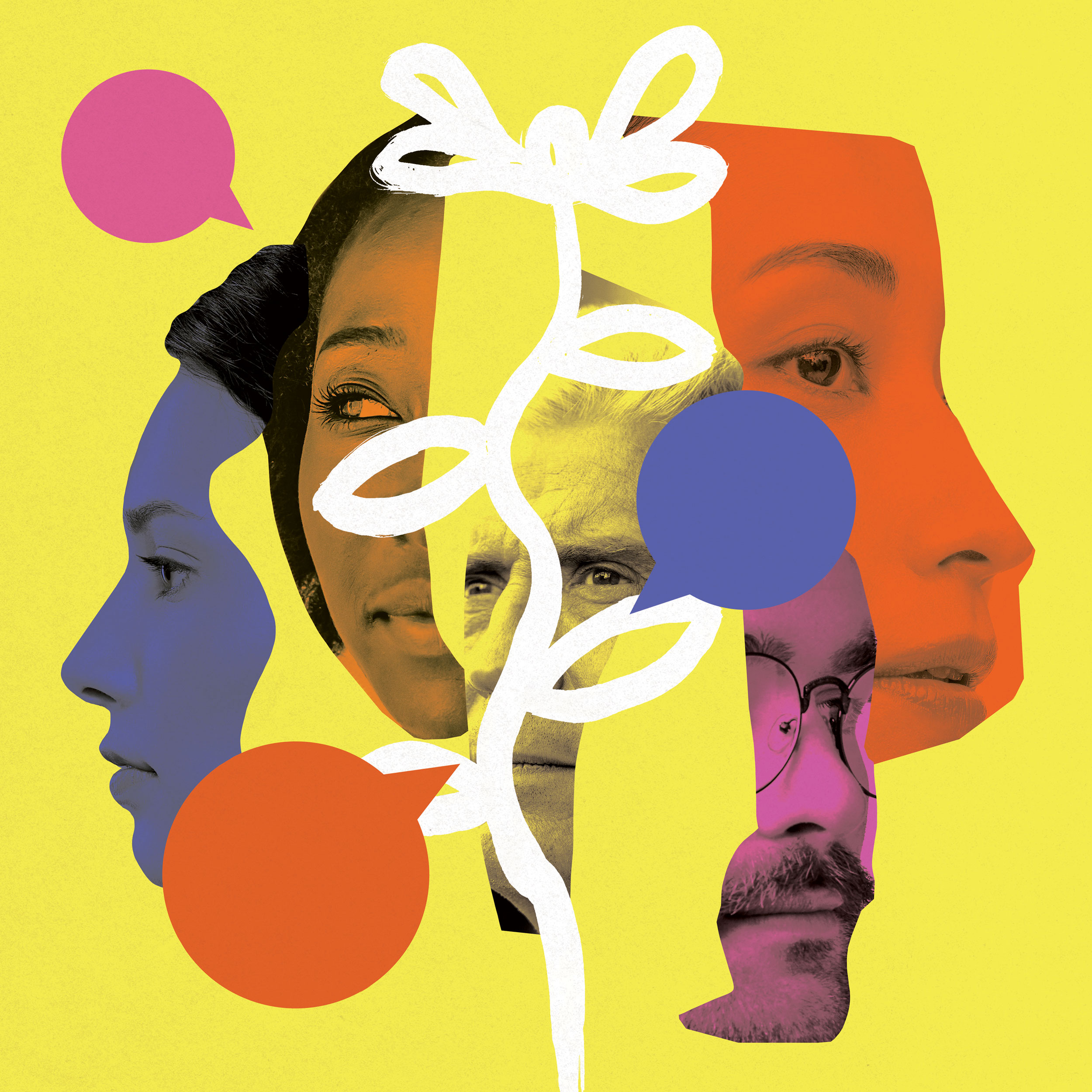Punit Renjen MM’87 came to Willamette in 1984 on a Rotary Foundation scholarship. It was his first time out of India and his first time on an airplane. He went on to join the professional services firm Deloitte, from which he retired in 2022 as Global CEO. He will serve on the supervisory board of the business software giant SAP until May. At Willamette, where he is a life trustee, he and his wife, Heather, created the Renjen Center. It houses the Office of Intercultural Engagement and Inclusion and the Student Center for Equity and Empowerment. The university awarded him an honorary doctorate in 2019 and the Sparks Medallion in 2024. Renjen spoke to the magazine about business, philanthropy, and climate change—and their intersections—from his home on the Oregon coast.
What was it like to arrive in the United States?
I meandered into campus and there was Kappa Sigma, the fraternity house. I knocked on the door and said, “I’m an international student from India. Is this Willamette University?” The head resident said yes. I said, “I have no place to go.” And he said, “Well, come on in.” Americans are the most generous people. Think about this: somebody at the Portland airport pointing me to the HUT shuttle; the HUT driver saying, “I’ll give you a ride to Willamette”; and then the head resident of Kappa Sigma saying, “You can sleep on the sofa.” I mean, how wonderful is that?
You’ve said that from an early age you bought into the American dream that hard work could change your circumstances. How did that idea guide you back then?
When you leave the warm, knowing environment where you grew up and come to a foreign place, you are taking a risk. But you’re also giving yourself permission to be yourself. I knew that when I came to America, this was my big opportunity, and that I must do everything in my power to make it a success, because I did not, in 1984, want to go back to India.
When I was eighteen, my father ran into some financial difficulties. My peers were still at boarding school. They went on to the top universities. I came to the local town, went to the local school. There were some stereotypical views. I could sense the whispers: what was going to happen to poor Punit? If you had lined up all the eighteen-year-olds, my peers, nobody would have picked me to be the CEO of a $65 billion firm. Nobody.
At Willamette, there was no stereotype for me to live up to or to live in, and that gave me this opportunity to discover myself and be myself.
Where is your focus today?
I spent thirty-six years honing a craft, and because I became good at it, I got financial rewards. The twenty good years that I’ve got left, it is now all about giving back. My wife and I will give back all that we have made. We will give some to our son, but most of it we will give back to places like Willamette and others.
One of your current projects concerns air quality in India. How does your business experience inform this work?
Today, my hometown in India has the worst air quality maybe in the world: 561 on the AQI scale. It is almost poisonous. Fifteen million adjusted life years are lost; 200,000 people a year die [in that region of India] because of poor air quality. One of the reasons why there is poor air quality is that the farmers burn the paddy stubble. They do this because the span of time between when they harvest the paddy and when they plant the winter crop is only four to five weeks. But what it does is it puts nineteen million tons of carbon dioxide into the air.
We are now using all that I learned in thirty-six years of professional life to get 150,000 partners on an app that allows them to schedule equipment so that they can take the stubble, prepare the stubble, get it to ethanol plants, make some money processing it—and not put carbon dioxide into the atmosphere.
Four years ago, I visited my mom in October. The air was horrendous. I said, “My God, what the hell is going on here?” When I researched it, it was a solvable problem. And so, we went to the local government and asked to do a pilot in one district. Through that pilot we reduced stubble burning by sixty-five percent. In 2023 we expanded it to nine districts.
Why is it important for today’s business leaders to think about climate change?
When I ran Deloitte, I had 400,000 employees across the world. Over eighty-five percent were Gen Zs and Millennials. When we asked them, “What is the most important issue?,” their top answers were: “What does Deloitte do beyond its core profit motive?” and “What is Deloitte doing for the climate crisis?” If I wanted to hire and retain the best individuals, I had to have a credible answer to those questions.
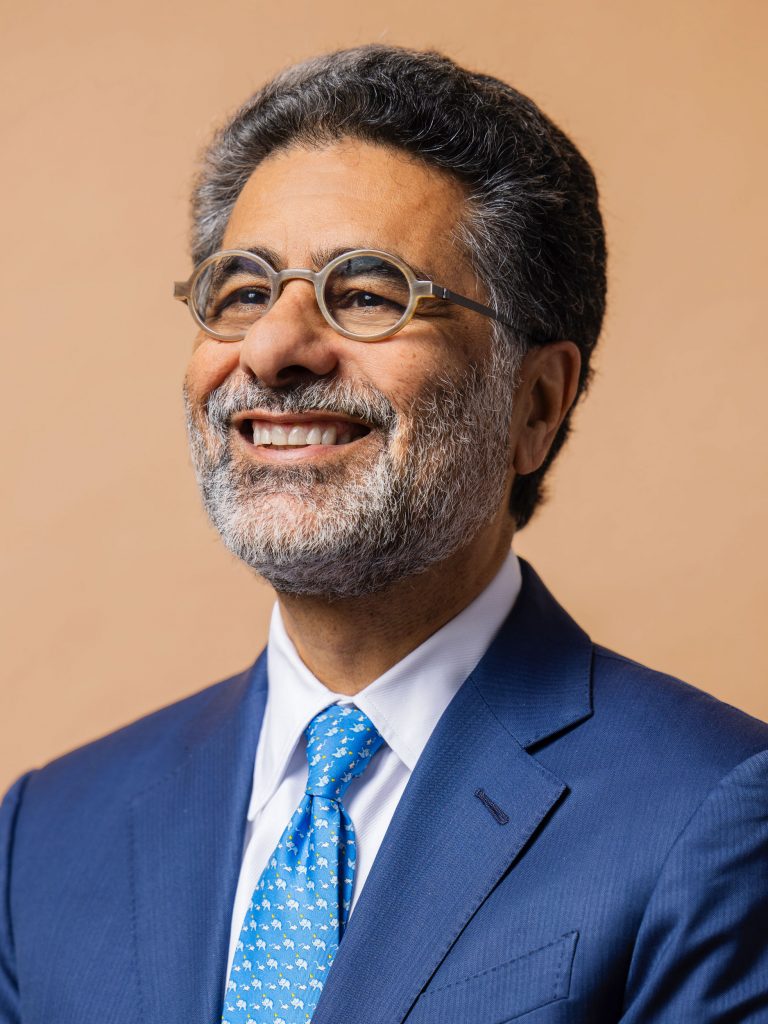
“Countries that are now
developing, like India for instance,
should not emulate the West.
We have to define inclusive
development in our own image.”
If you are thinking about profit and loss, this might not show up exactly on that profit and loss statement, but Deloitte has 100,000 employees in India. I could stand up credibly in front of them. Do you think that motivates them? Absolutely.
The climate crisis will only be addressed if government pitches in, the business community pitches in, non-governmental agencies pitch in, and the common individual pitches in. Everybody pitching in together is the only way that we will be able to address the climate crisis. This is good business. This is not a nice-to-have. This is a must-have.
Do you have any overarching theories about how to increase opportunity in places that have never achieved the financial prosperity of the United States?
Countries that are now developing, like India for instance, should not emulate the West. We have to define inclusive development in our own image. Places like India, Brazil, and South Africa need to not emulate the consumption habits of the West. We shouldn’t follow the same footsteps that the West followed, using coal and oil to pump carbon dioxide into the air. Can we leapfrog that? Can we go to renewables and use inclusive growth methods that are not what the West used twenty, thirty years ago?
You express a lot of confidence. Have there been moments of doubt?
Oh, every day! One of my colleagues told me that it only took me twenty-five years to become an overnight success.
What would you say it does take to become successful in business?
It takes plodding one foot at a time. Every day, every year, I’ve had to overcome and overperform. I can say with no arrogance, but with confidence, that I outworked everybody. It took me longer. But here’s the other thing: I ran a global company. It was in 150 countries. I never moved to New York. I never moved to London. I ran it from Portland, Oregon.
What made you put down roots in Oregon, and why have you stayed?
I fell in love with somebody from Oregon. She’s a native Oregonian, and that was part of the deal. Oregon is home. It isn’t perfect. It rains a lot. I have allergies. But it is home.
••
Erika Bolstad is a journalist in Portland. She interviewed Senator Lisa Murkowski JD’85 for the Winter 2023 edition of the magazine.
